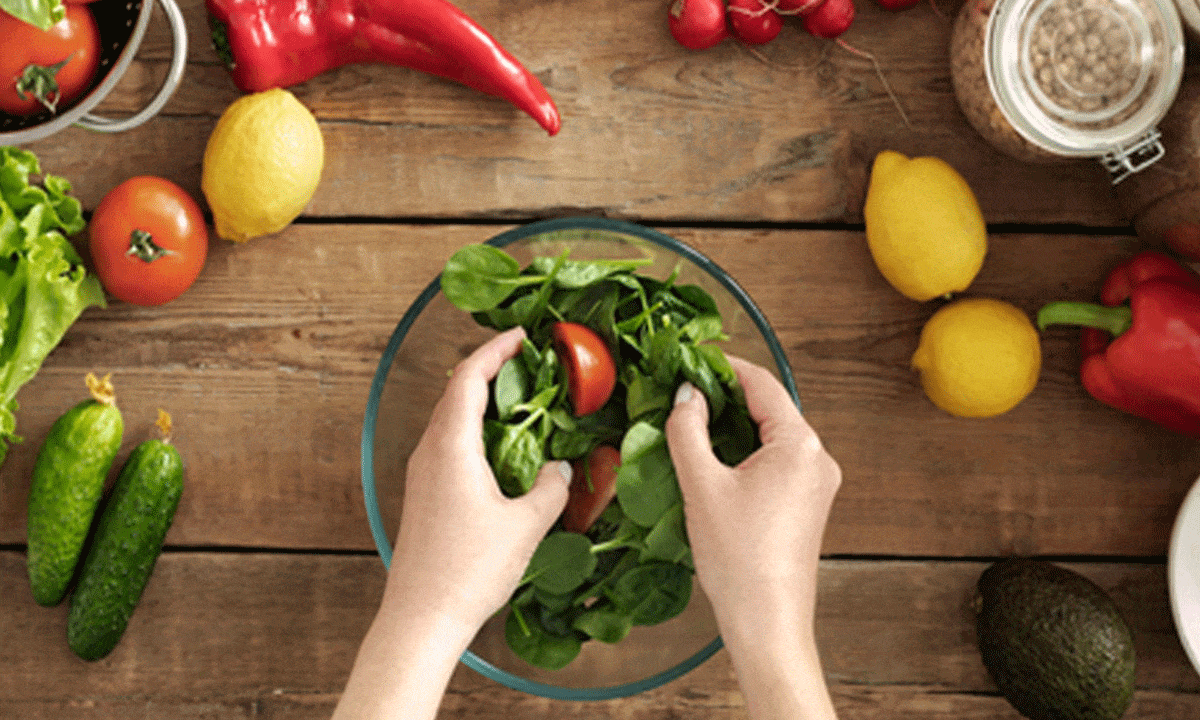A bowl of spinach, kale and broccoli may boost heart health in elderly women
Eating a bowl of leafy greens and cruciferous vegetables such as spinach, kale, and broccoli could significantly reduce the risk of heart attacks and strokes, especially in elderly women, according to a recent study.

New Delhi: Eating a bowl of leafy greens and cruciferous vegetables such as spinach, kale, and broccoli could significantly reduce the risk of heart attacks and strokes, especially in elderly women, according to a recent study.
Table of Contents
Study Highlights Role of Vitamin K1 in Cardiovascular Health
The research, conducted by experts from Edith Cowan University (ECU), the University of Western Australia, and the Danish Cancer Institute, found that Vitamin K1, present in green vegetables, may help prevent atherosclerotic vascular diseases (ASVD) — a major cause of cardiovascular issues.
Also Read: Helmet: Two Helmets Now Mandatory with Every Two-Wheeler Purchase: Central Govt Issues Key Order!
What Is ASVD and Why It Matters
ASVD is a type of cardiovascular disease caused by plaque buildup in the arteries, increasing the risk of heart-related complications. It is a major contributor to global mortality rates due to heart attacks and strokes.
Research Shows Significant Benefits in Elderly Women
In a study involving 1,436 elderly women, those with higher dietary intake of Vitamin K1 showed a lower risk of ASVD. Additionally, the vitamin also helped reduce thickening of neck blood vessels, a known indicator of atherosclerosis.
Vitamin K1 May Also Support Bone Health
Beyond heart benefits, Vitamin K1 may also play a role in musculoskeletal health, particularly in improving bone strength in aging populations.
Easy Ways to Add Vitamin K1 to Your Diet
According to Montana Dupuy from ECU, including vegetables like spinach, kale, and broccoli in everyday meals is a simple way to increase Vitamin K1 levels. Dr. Marc Sim, ECU Senior Research Fellow, added that just a cup and a half daily can be effective in lowering cardiovascular disease risk.
Future Plans: Fortified Foods for Special Diets
Encouraged by these results, researchers are now working on developing new food products rich in Vitamin K1, aimed at aged care communities and other populations with special dietary needs.
